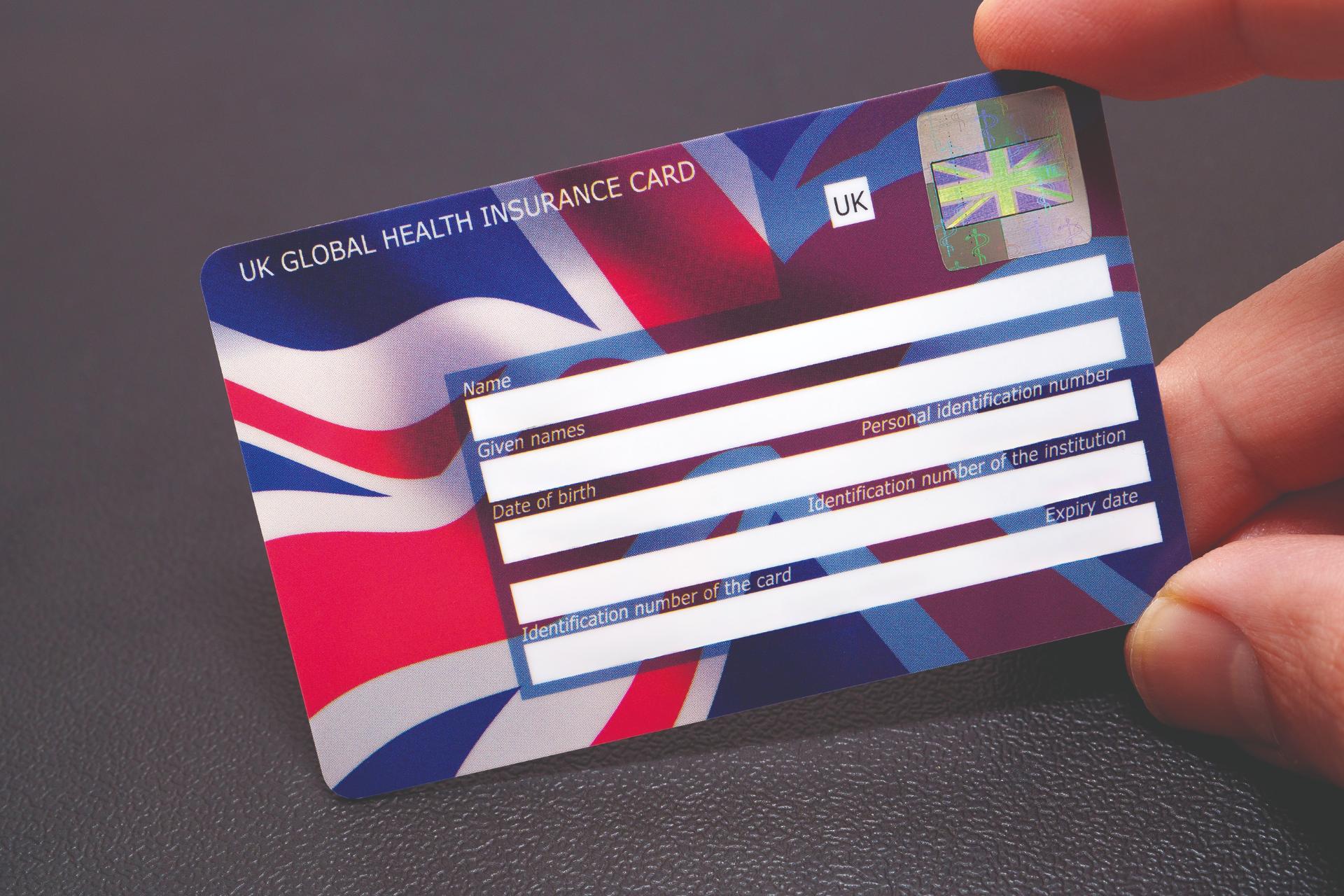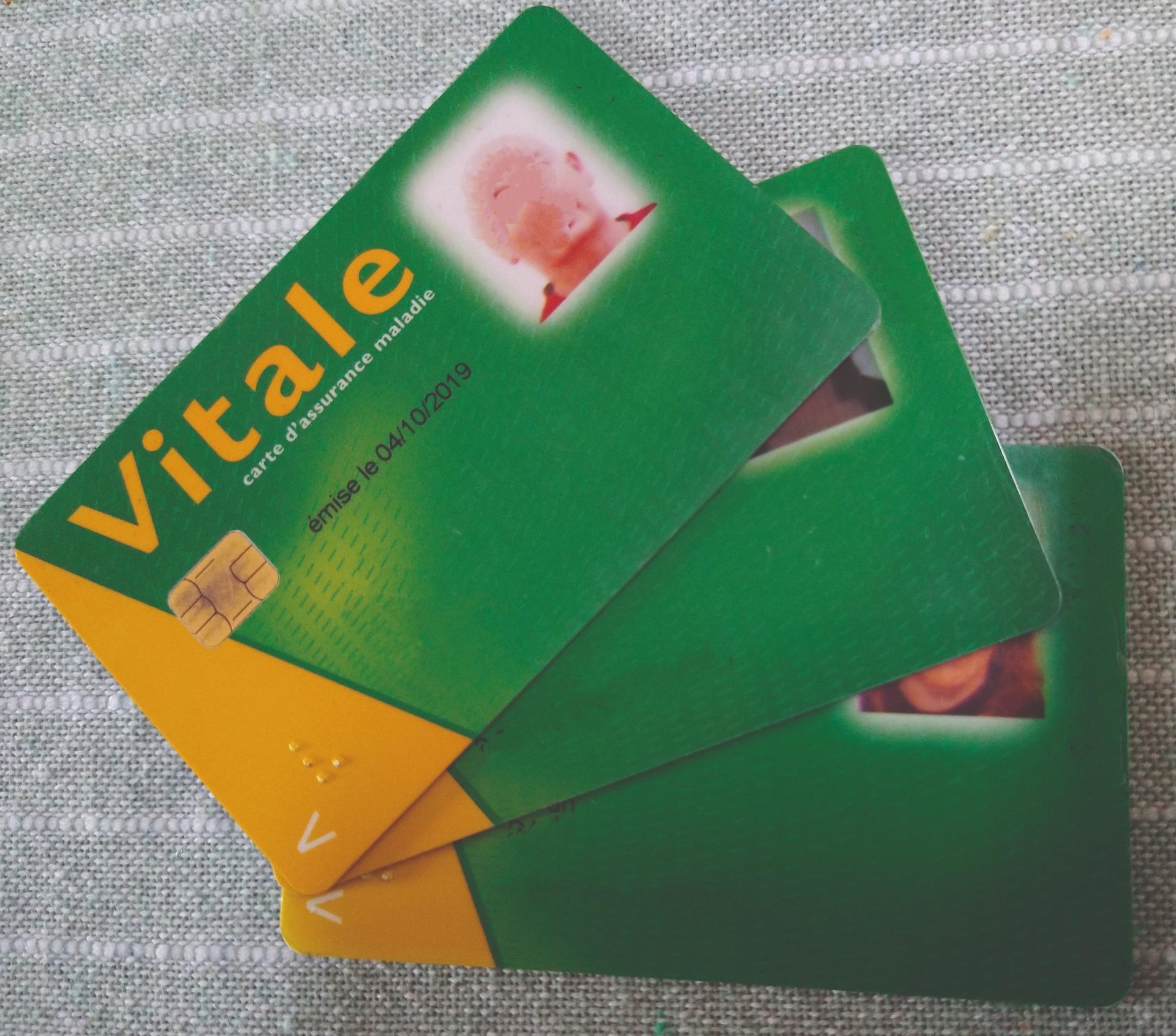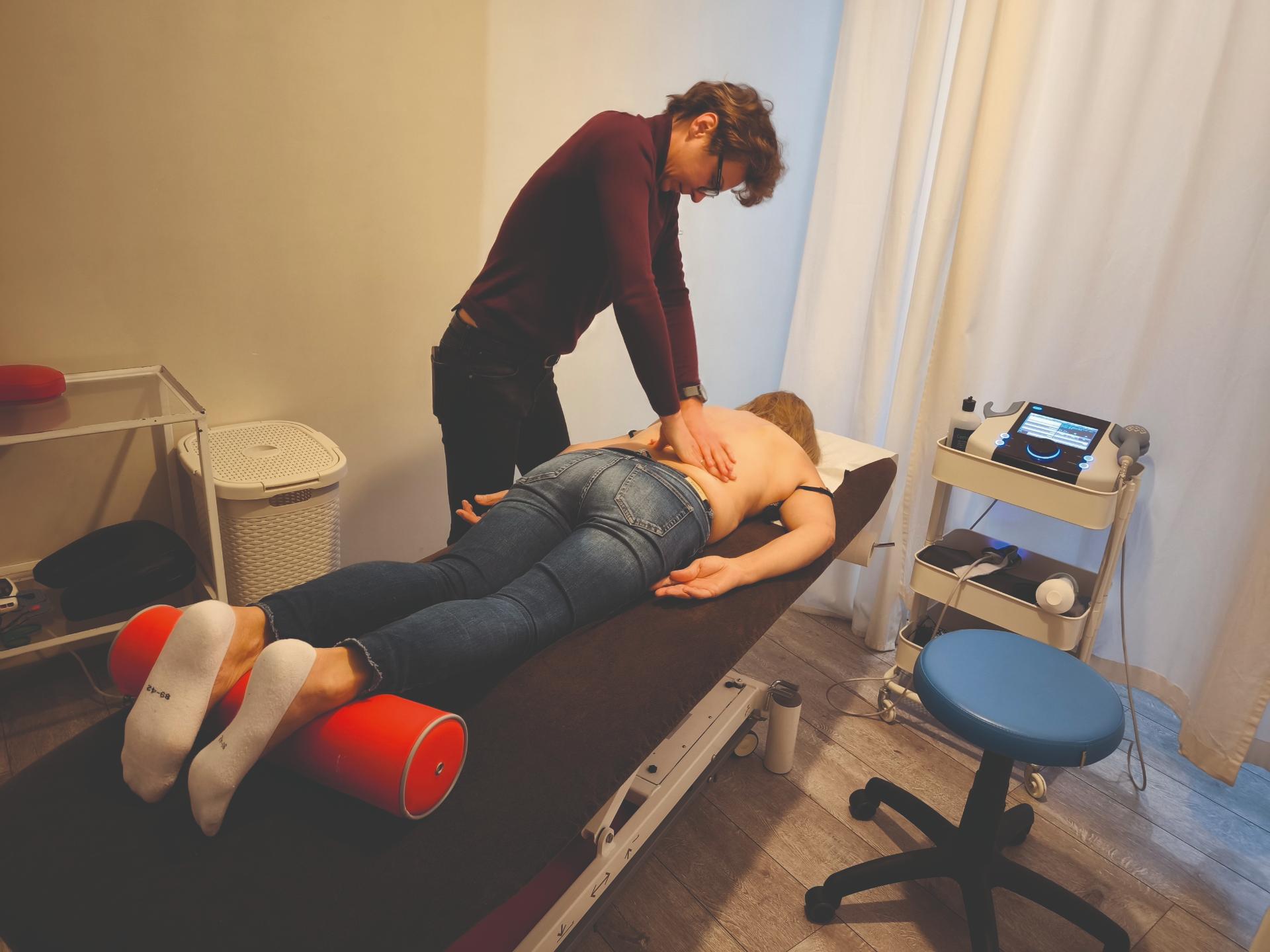A Complete Guide to Healthcare in France

Sarah Daly looks at the French healthcare system and what you can expect if you need routine or emergency care while you’re in France…
Having lived in France for five years, our regular interactions with the French healthcare system began in earnest when my then 76-year- old mother moved in with us in 2021. Suddenly, I needed to arrange district nurse visits, personal care and GP house calls. When Mum was taken ill in the night, just a couple of days after arriving in France, I got dramatic first-hand experience of the emergency services and hospital care in action. Two years on, and with two teenagers and my own aches and pains, as well as Mum’s continuing needs, I feel as though I’ve had as thorough an insight as I ever want into being ill or injured in France.
The first thing I would say about French healthcare is that it’s excellent. I’ve experienced everything from A&E with a teenager who’d dropped a cast- iron fireback on his foot (yes, really) to regular consultations about ongoing, serious medical complaints with Mum.
The second thing I would say is that getting fully into the healthcare system takes perseverance, the repeated presentation of every official document you’ve ever owned (it feels like) and either a good understanding of French or someone to translate for you.
JUST VISITING

Photo: Shutterstock
If you’re a second-home owner, or not yet a French resident, you don’t need to go through this process. A Global Health Insurance Card (GHIC), or equivalent if you live outside the UK, combined with comprehensive travel insurance should be enough to allow you access to care when you need it, without an excessive bill. In this case, you’ll need to provide ID and evidence of your right to access healthcare and then retain the paperwork, known as the ‘feuilles de soins’, together with prescriptions and receipts. You will probably pay up front for care you receive, claiming some or all of it back later, depending on your circumstances.
ACCESSING CARE IF YOU LIVE IN FRANCE
If you are a resident or plan on becoming one, there are two main ways of accessing the healthcare system. If you are retired and have made all necessary National Insurance contributions in the UK, or occasionally if you’re a posted or frontier worker, you’ll need to apply for an S1. If you work in France, you will pay French social charges, making you eligible for health care.
GETTING A ‘CARTE VITALE’

Photo: Shutterstock
In either case, your first port of call will be your local Caisse Primaire d’Assurance Maladie (CPAM). You should be able to have healthcare fees backdated to your date of application, or of your S1, so you will need to retain feuilles de soins and accompanying paperwork to submit once you have a social security number.
Once you are in the system, you will be issued with your carte vitale. This ‘magical’ card is presented to every healthcare professional with whom you interact, from the pharmacy and the GP, to the midwife, physiotherapist or hospital admissions desk. It ensures that your costs are refunded to your bank account automatically or – if you have a long-term condition (affection long durée, or ALD) – you may not pay at all. Certain services such as some vaccines, child mental health services and cancer screening are free when you present your carte vitale.
‘TOP-UP’ HEALTH INSURANCE
Health insurance, known as a mutuelle, is something that most French residents will have. Unlike in some other counties, having this in place doesn’t allow you to jump the queue for care, it just ‘tops up’ state provision and therefore reduces the amount you ultimately pay for medications, specialist appointments and hospital stays. A policy may cover just you or your whole family and it will vary according to your circumstances.
My mother, for instance, has a long-term condition so pays very little for medication but often ends up in hospital, so her policy reflects this. My daughter has just had a brace on her teeth, and my son and I wear glasses, so we adapted our policy to reflect these factors too. If you need to upgrade your policy, for instance due to an unexpected hospitalisation, insurers may allow you to do this straight away without penalty, although always check when you take the policy out, as there could be a waiting period involved.
EXPERT ANALYSIS
Fabien Pellissier is managing director of Fab Insurance. They offer a service to English- speaking clients looking to integrate into the French healthcare system, and tailor insurance policies to suit their needs. Fabien explained to me how access to healthcare now works. “Until you are a French resident with a social security number (issued by CPAM), you don’t have a right to a mutuelle.
“Instead, you are required to have cover in place before you move to France. If you’re moving with a six-month visa, you will often find that your free GHIC is adequate, but if you have a 12-month visa, you will need to buy private health insurance.
“There are significant cultural differences in the French system and ‘private health insurance’ as other nationals may understand it doesn’t really exist here. We usually say to people that our goal is to get you into the system. After you’ve been issued with your carte vitale, you can think more like a local in terms of your mutuelle.” Fabien also explains to me the way reimbursements for healthcare work in France. He says: “Everything has an index of official fees and it works on a base de remboursement du régime obligatoire. So CPAM refunds 70% of the index fee and a mutuelle will top that up to 100%.”
You can get policies that offer 200% or even 400% cover though, which can be hard to understand. Fabien tells me that this is because the quote you receive, for example, for dental work, will often be much higher than the index level. A policy that offers higher cover will therefore pay more of the costs, leaving you less out of pocket. “There is always an option with a mutuelle that means you don’t pay anything, but you may want to pay extra, for instance, choosing different frames for glasses. This is where a higher level of mutuelle may be useful,” he tells me.
I ask Fabien what he thinks of the French healthcare system overall. “Like everyone, we’re facing shortages of medical personnel,” he tells me, “but overall the system here works very well. If, for instance, you receive a cancer diagnosis, everything will be fast-tracked so that you get the care you need as soon as you need it and you’ll usually find that, whatever the issue, specialists have the time to spend with you to really understand what’s going on.”
KEEPING A RECORD

Photo: Shutterstock
Pretty much everything will start with a GP visit and then you are responsible for your own medical records and care. You can access them online, and health professionals can access some information via your carte vitale, but you will be expected to take blood test results (often available to download online within a few hours of the test), x-rays and scans, referral letters and anything relevant to each appointment. If you are referred for extra treatment – such as physio, counselling or to see a specialist – the choice of where to go will usually be up to you and you will make the appointment yourself.
Your doctor will often suggest someone if you ask. Most medical practices are run as private businesses, but will be paid largely through the social security system. The same is true of ambulances and hospital transport. If you are unable to drive or to get to an appointment, you can arrange with them to collect you and, in many cases, the cost is covered. You will need a bon de transport from the doctor or specialist you’re seeing, and you can travel seated in a normal taxi or lying down in an ambulance. I have always been allowed to accompany Mum to translate at her appointments, apart from emergency admissions, in which case it’s rare to be able to see patients, unless they are minors, before they have seen a doctor and been stabilised.
MEDICAL LANGUAGE

Photo: Shutterstock
If you don’t speak French, you may find English-speakers in unexpected places, but it’s by no means a given. In our experience, doctors often have some level of English, which will have been required for their studies, but if they don’t use it often, it may well be hard to discuss a complex problem. I’ve always conversed with our GP in French but she makes a real effort to communicate with Mum in English. The nurses, carers and most other health professionals we encounter speak little to no English, however, and Mum has found hospital stays to be a lonely business, despite always being met with kindness.
INSIDER VIEW
Michal Miazga has worked as a physiotherapist in France for seven years, having originally trained and worked in Poland. He is self-employed and based in a private clinic with four other physiotherapists.
Michal provides treatments in a patient’s home or at the clinic. He says: “I think that the best thing about French healthcare is the relatively quick availability of tests and diagnosis, as well as effective communication between various specialists.
“Physiotherapy treatments in France are often financed by the healthcare system and partly by the patient or their additional health insurance. The method of financing depends on whether the disease is chronic or not and patients will be referred by their GP. Usually, patients wait from one day to a week for an appointment, depending on how many patients I’m already working with.”
FINAL DIAGNOSIS
I’m often asked whether things are better in the UK or France in terms of healthcare. My reply is always the same: health professionals I’ve met in both countries are, almost without exception, professional, knowledgeable, efficient and compassionate. But the system in France in my experience is better funded, better organised and more focussed on disease prevention. Waiting times are much shorter and you have far more control over who you see and when you see them.
Interested in reading more about living in France?
French Property News magazine is a must-buy publication for anyone serious about purchasing and owning real estate in France, which offers a unique combination of legal, financial, and tax advice along with in-depth location guides, moving real life stories, the best properties currently on the market, entertaining regular pages, and the most recent property news and market reports.
FrenchEntrée Members was born out of the desire to help the many buyers like you who contact us to ask for our impartial advice. Not only do we have more than 20 years of experience helping French property buyers and expats, but we also work with experts across the industry – many of them write for our Property News magazine, join our FrenchEntrée webinar panels, or attend our annual French Property Exhibition, so we know exactly where to get answers and which expert to recommend when necessary.
Lead photo credit : Photo: Shutterstock
Share to: Facebook Twitter LinkedIn Email
More in French hospitals, Healthcare, Living in France



